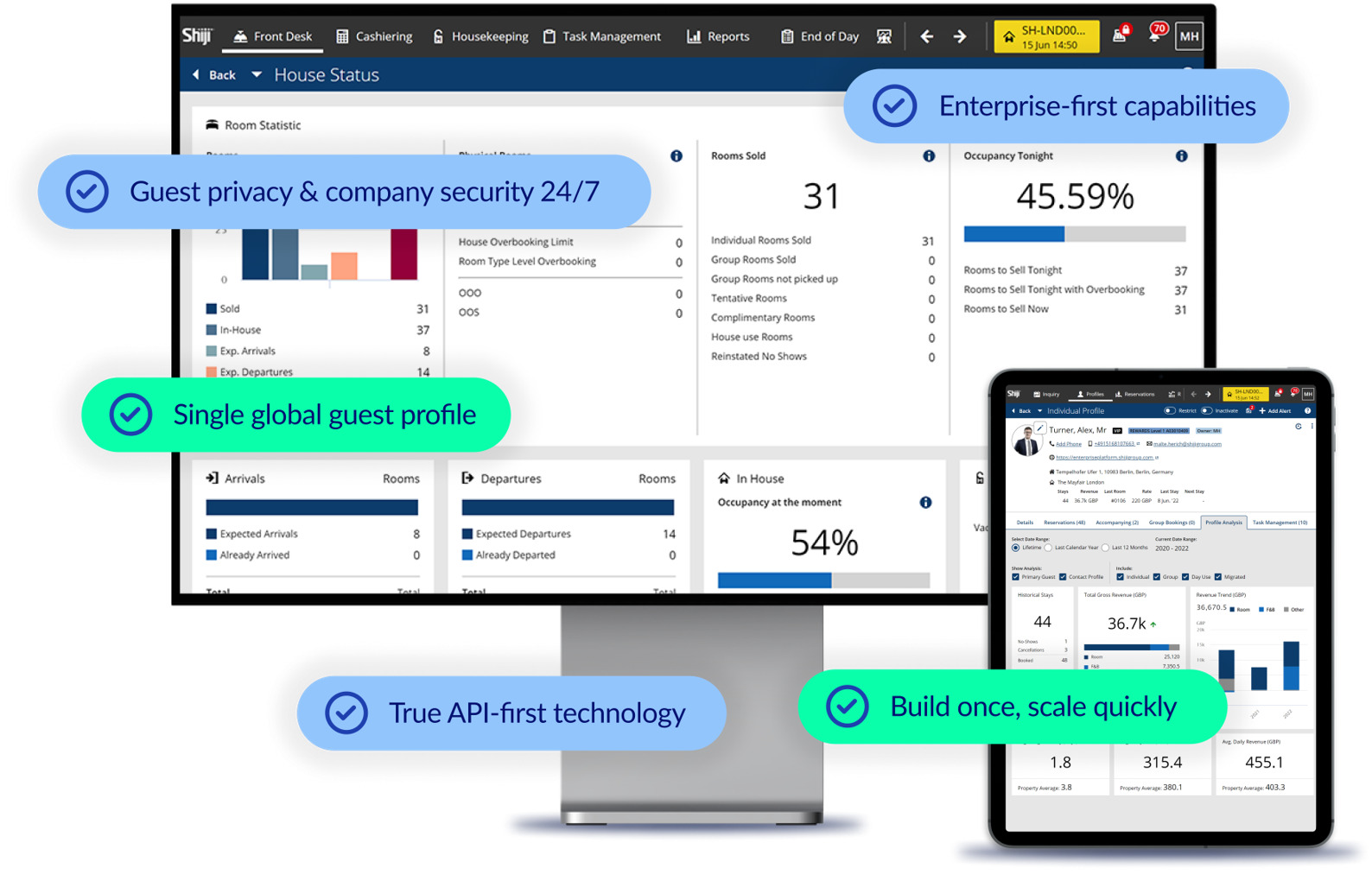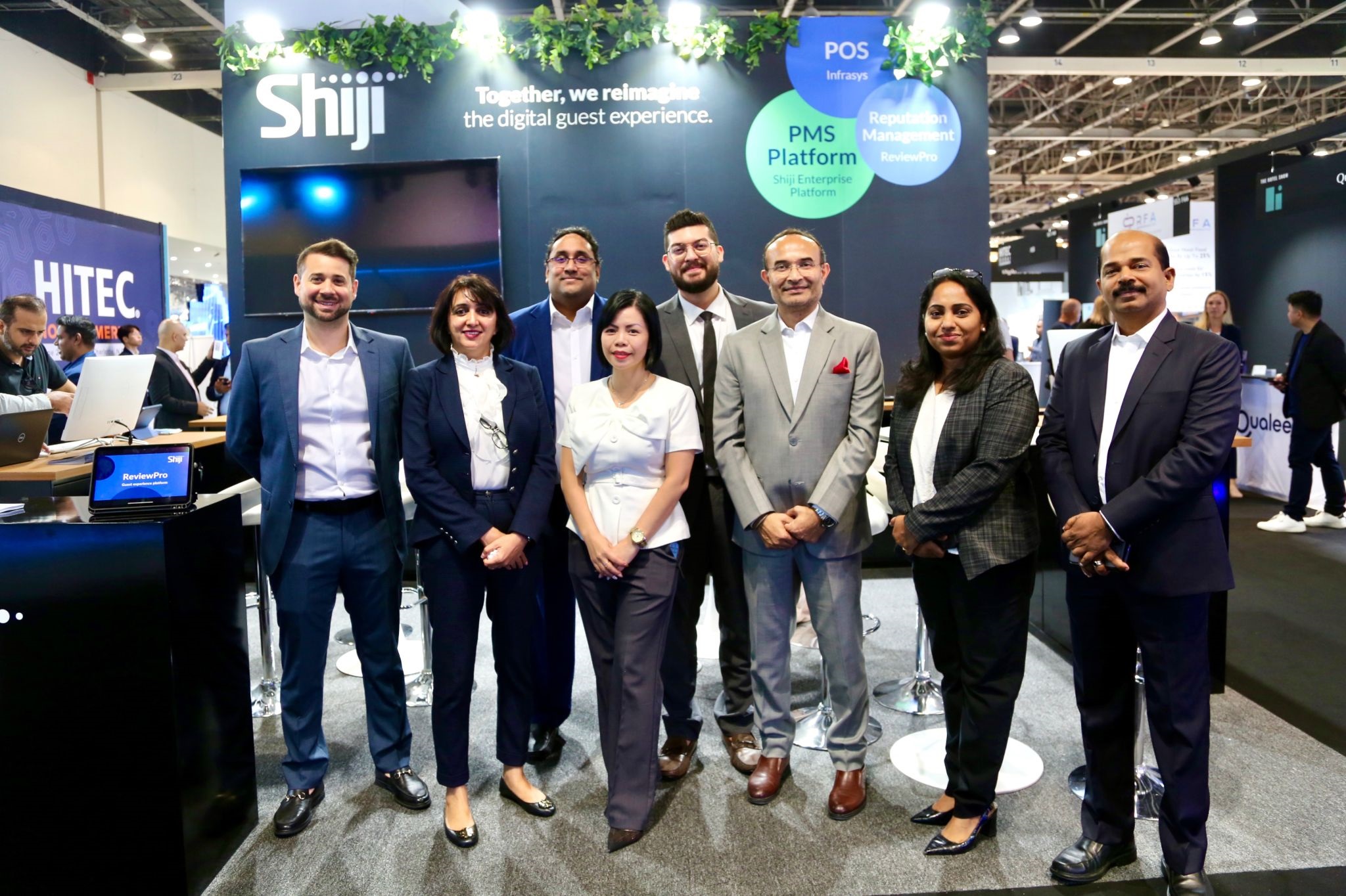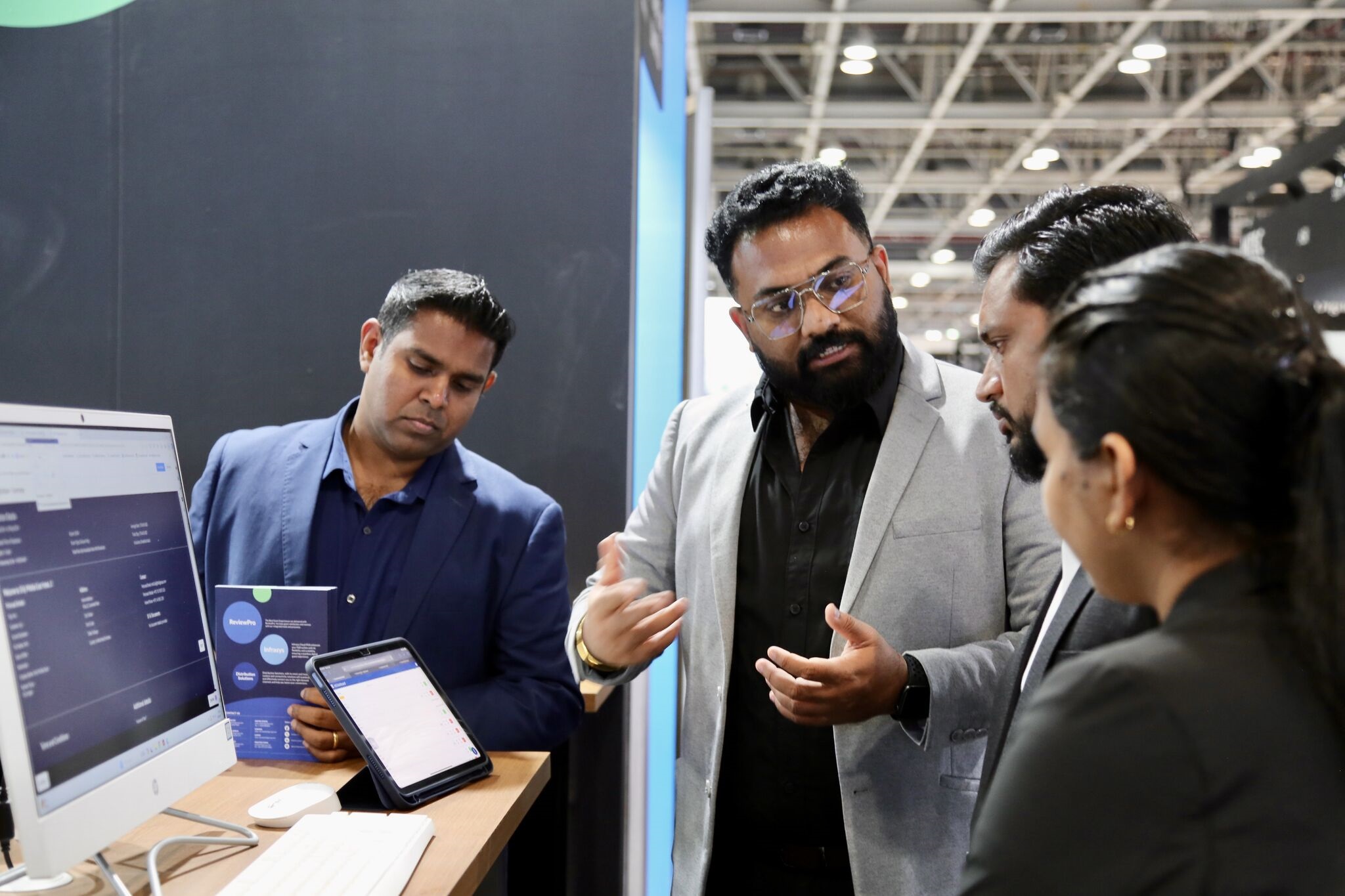According to Kevin King, CEO of Shiji International and COO of Shiji Group, the digital transformation is having a profound impact on the hospitality industry. Here, he shares his thoughts, including why property management systems (PMS) are critical in enhancing guest experiences.
The evolution of guest expectations
The hospitality industry has always been synonymous with exceptional service. However, the past two decades have introduced a new challenge: evolving guest expectations driven by rapid technological advancements. Consequently, industries such as retail, transportation, and utilities have set new standards through digital applications and seamless customer interactions. Consequently, guests now expect the same level of efficiency and convenience from their hotel experiences. This expectation is especially true in regions like the Middle East, where tech-savvy travelers are increasingly becoming the norm.
The challenge of legacy systems
A significant barrier to meeting these expectations is the reliance on outdated, on-premise PMS systems. Indeed, many hotels in the Middle East still operate on legacy technology, which hampers their ability to innovate and offer seamless digital experiences. For instance, although a luxury hotel in Dubai might feature state-of-the-art facilities, using a legacy PMS can make the digital experience—from check-in to room service requests—feel cumbersome and outdated. Consequently, this disconnect can detract from the overall guest experience, especially in a region renowned for its commitment to hospitality excellence.
Why the PMS must come first
To truly transform the guest experience, prioritizing the PMS in the digital transformation journey is essential. Integrating modern solutions on top of an outdated PMS often results in inefficiencies and security issues. For example, a hotel in Abu Dhabi might implement an advanced housekeeping solution; however, if it doesn’t integrate seamlessly with the PMS, staff will manage multiple dashboards, leading to delays and errors. Consequently, this affects guest satisfaction and increases the operational burden on hotel staff.
Real-world examples of transformation
Some hospitality groups in the Middle East have already begun to address this issue. For instance, a prominent hotel chain in Saudi Arabia recently upgraded its PMS to a cloud-based solution. Consequently, this allowed for better integration with modern guest-facing technologies. As a result, the chain has seen significant improvements in guest satisfaction scores and a reduction in staff time managing back-end systems. Consequently, this transformation has given the chain a competitive edge in a market where guests increasingly expect high-tech solutions as part of their stay.
The future of digital transformation in the Middle East
The journey to fully digital guest experiences will be long; however, it is essential for maintaining a competitive advantage in the Middle East’s growing hospitality market. Therefore, hotels that take the first steps in upgrading their PMS and integrating modern solutions will set themselves apart in a region rapidly embracing technology. As digital expectations rise, especially among younger, tech-savvy travelers, the importance of a modern, integrated PMS cannot be overstated.
In conclusion, the digital transformation of guest experiences in the Middle East’s hospitality industry hinges on prioritizing the PMS. By addressing this core system first, hotels can unlock the full potential of modern technology and offer the seamless, high-quality experiences that today’s guests expect. Consequently, those who embrace this transformation now will lead the way in a highly competitive market, setting new standards for service excellence in the region.


















